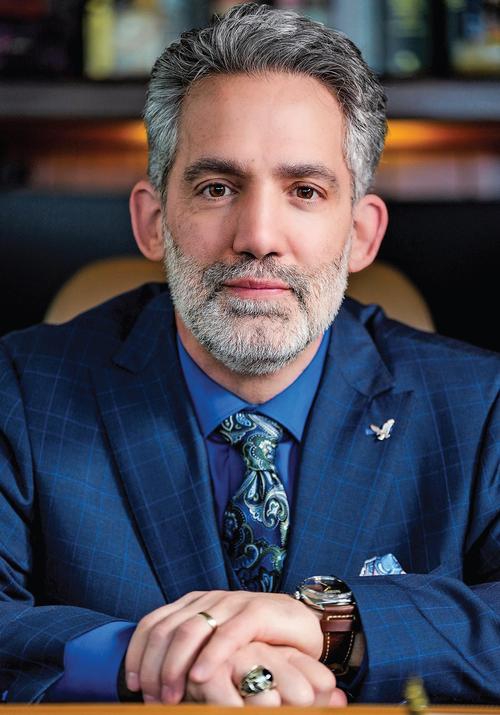Many car accident victims make mistakes after the crash and when filing a claim for compensation with the negligent driver’s insurance company. If you were injured in a wreck that was not your fault, it’s important to avoid making errors that can hurt your right to compensation for your injuries. 
Don’t Make These Mistakes After Your Rhode Island Car Accident
After your car accident, not all mistakes will hurt your claim. However, some errors can significantly weaken your case and make it harder for your attorney to negotiate a settlement for the full amount you deserve. Here are some costly mistakes to avoid presented by our Rhode Island car accident lawyer.
Not contacting the police.
You should contact the police at the scene of your crash, and obtain a copy of the police report. If you fail to do so, you can open the door to a dispute with the negligent driver’s insurance company about whether an accident actually occurred. In addition, you will deprive yourself of important information the police report could contain such as contact information for the driver and witnesses and the officer’s conclusions about who’s at fault.
Not seeking immediate medical care.
It’s important to see a doctor after an accident, even if you do not believe you were hurt. Some injuries may not be apparent for days or weeks after your crash. By delaying treatment, you could risk a more serious injury and give the insurance company ammunition to argue that an incident other than your car accident caused your injuries.
Not following up on medical treatment.
Following up on necessary medical care is just as important as seeing a physician soon after your accident. When there are gaps in your medical treatment or you fail to follow your doctor’s instructions, the insurance company could argue that you are not as seriously injured as you claim.
Not preserving evidence at the accident scene.
You could lose important evidence that would help you prove the other driver’s negligence if you do not begin collecting evidence immediately after your accident occurs. This includes taking pictures and videos of the scene, damage to the vehicles, weather conditions, road conditions, and your injuries. In addition, you want to obtain contact and insurance information for the negligent driver, and get contact information for witnesses.
Agreeing to give a recorded statement.
A recorded statement is a tape-recorded question and answer interview between the insurance adjuster and you. You are not required to give one to receive your settlement, and you could accidentally say something that could hurt your claim for compensation. It is rarely a good idea to give a recorded statement. If asked to give one, you should politely refuse.


